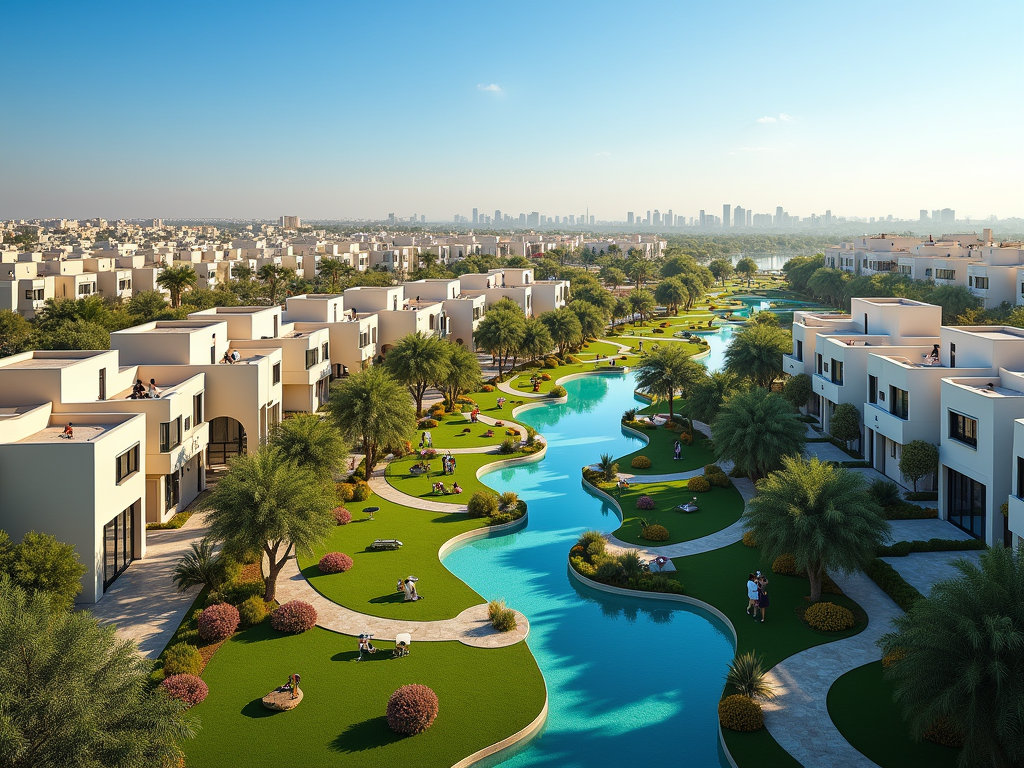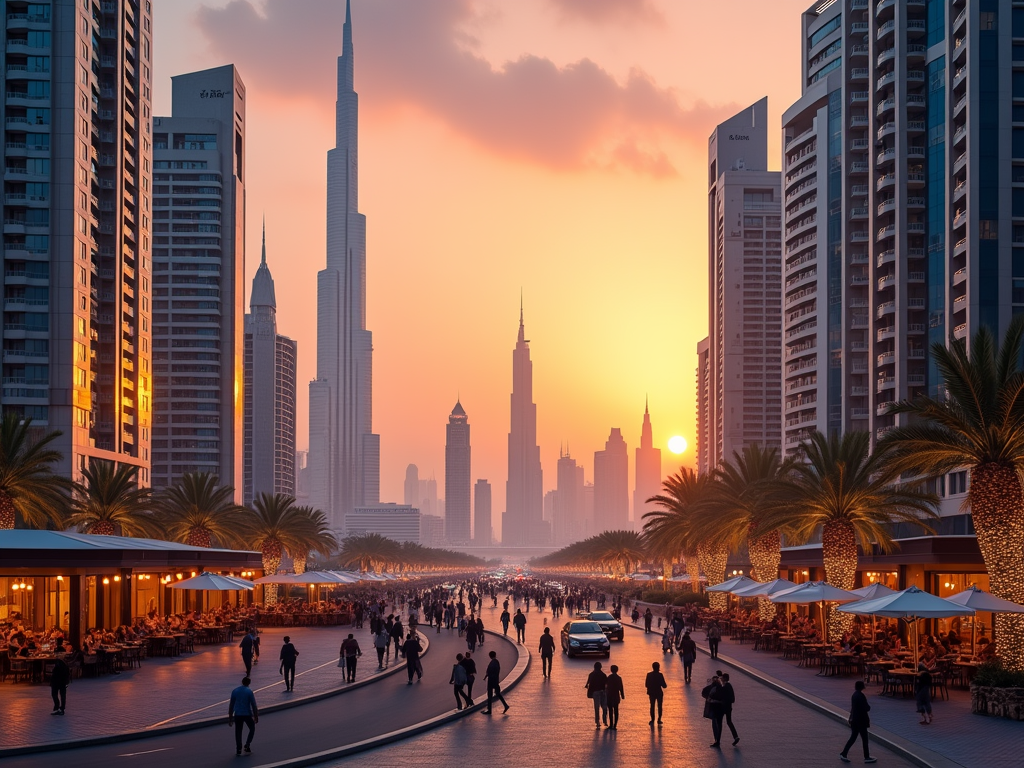Investing in Dubai real estate has garnered significant attention from both local and international investors. The question of whether it is a safe investment can be multi-faceted, depending on various factors such as market trends, government regulations, and global economic conditions. This article aims to provide an in-depth analysis of Dubai’s real estate market, exploring its current status, potential risks, and opportunities for investors.
Understanding the Dubai Real Estate Market

Dubai’s real estate market has witnessed remarkable growth over the past few decades. Known for its luxurious lifestyle and architectural marvels, the emirate attracts millions of tourists and expatriates every year, creating a robust demand for residential and commercial properties. The market is characterized by a unique blend of high-end, luxury developments and affordable housing options, catering to various demographic segments.
One of the standout features of Dubai real estate is the absence of property taxes, which can be particularly appealing to investors. However, while the absence of taxes might seem beneficial, understanding the complete financial landscape is essential. Other factors influencing the investment landscape include:
- Economic Stability: The UAE boasts a stable economy, supported by diverse sectors such as tourism, trade, and technology.
- Government Support: Proactive government initiatives aim to stimulate real estate through various investment incentives.
- Infrastructure Development: Continuous infrastructure improvements, such as road expansions and public transport projects, enhance property values.
Market Trends and Current Conditions

The real estate market in Dubai is subject to cyclical trends influenced by both local and global factors. In recent years, the market has shown signs of recovery after experiencing fluctuations, primarily driven by the COVID-19 pandemic. The introduction of the UAE Golden Visa program and Expo 2020 have further fueled investor interest, leading to a resurgence in property transactions.
As of 2023, significant trends shaping the market include:
- Increased Demand for Luxury Properties: High net-worth individuals continue to invest in Dubai’s luxury segment, driving prices upwards.
- Rise of Co-Working Spaces: A shift towards remote work has led to an increased demand for flexible office spaces.
- Focus on Sustainability: Developers are increasingly prioritizing environmentally-friendly projects, aligning with global sustainability goals.
Risks Associated with Dubai Real Estate Investment
While Dubai’s real estate market presents promising opportunities, it’s important to consider potential risks. Some of the primary concerns investors might face include:
- Market Volatility: The real estate market can be susceptible to economic fluctuations, affecting property values.
- Regulatory Changes: Changes in laws and regulations can impact investment returns and ownership rights.
- Saturation in Some Segments: High levels of new constructions in certain areas can lead to oversupply, thereby lowering property prices.
Additionally, investors should conduct thorough due diligence, including a comprehensive assessment of the market and potential investment properties. Understanding these risks is crucial for making informed decisions in order to protect investment capital.
Benefits of Investing in Dubai Real Estate
Investing in Dubai real estate offers numerous advantages that may outweigh the associated risks. Some of the key benefits include:
- High Rental Yields: Investors often enjoy attractive rental returns compared to other global markets.
- Foreign Ownership: The option for 100% foreign ownership in designated zones enhances its appeal to international investors.
- Tax-Free Investments: The absence of property taxes increases potential profitability.
Moreover, the long-term growth potential of Dubai’s real estate market is bolstered by the strategic vision of the UAE government, which aims to transform Dubai into a global business hub. From the introduction of innovative lifestyle developments to mega events like Expo 2020, the future of Dubai’s property market appears bright.
Conclusion
In summary, investing in Dubai real estate can be deemed a relatively safe investment, provided one approaches it with thorough research and understanding. The dynamic market offers appealing opportunities supported by government initiatives and economic stability. However, investors should remain aware of potential risks and ensure proper due diligence is conducted before committing to any investment. With the right strategy, investing in Dubai’s real estate can yield lucrative returns while enjoying the vibrant lifestyle the city has to offer.
Frequently Asked Questions
1. Is Dubai real estate a good investment for foreigners?
Yes, Dubai’s real estate market allows for 100% foreign ownership in designated areas, making it an attractive option for international investors looking for opportunities in real estate.
2. What are the main risks of investing in Dubai real estate?
The primary risks include market volatility, regulatory changes, and oversupply in certain property segments, which can affect property values and rental yields.
3. How can investors mitigate risks in the Dubai market?
Investors can mitigate risks by conducting thorough market research, partnering with reputable real estate agents, and diversifying their investment portfolios across different property types.
4. What is the average rental yield in Dubai?
Average rental yields in Dubai typically range from 5% to 8%, depending on the property type and location. Luxury properties tend to yield lower percentages compared to affordable housing.
5. Are there any taxes on property purchases in Dubai?
Dubai does not impose property taxes; however, there may be associated fees such as registration fees and maintenance charges, depending on the property.


